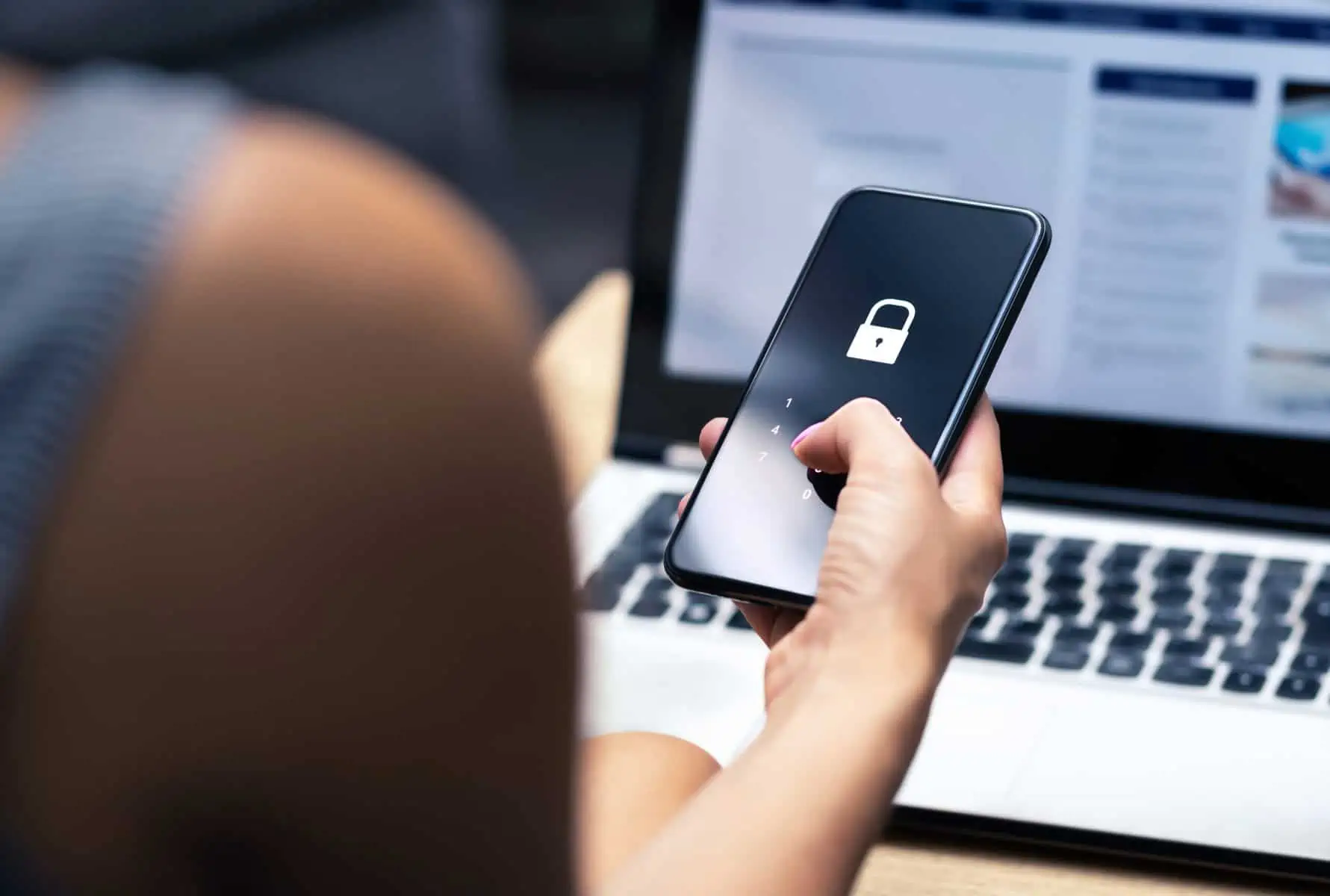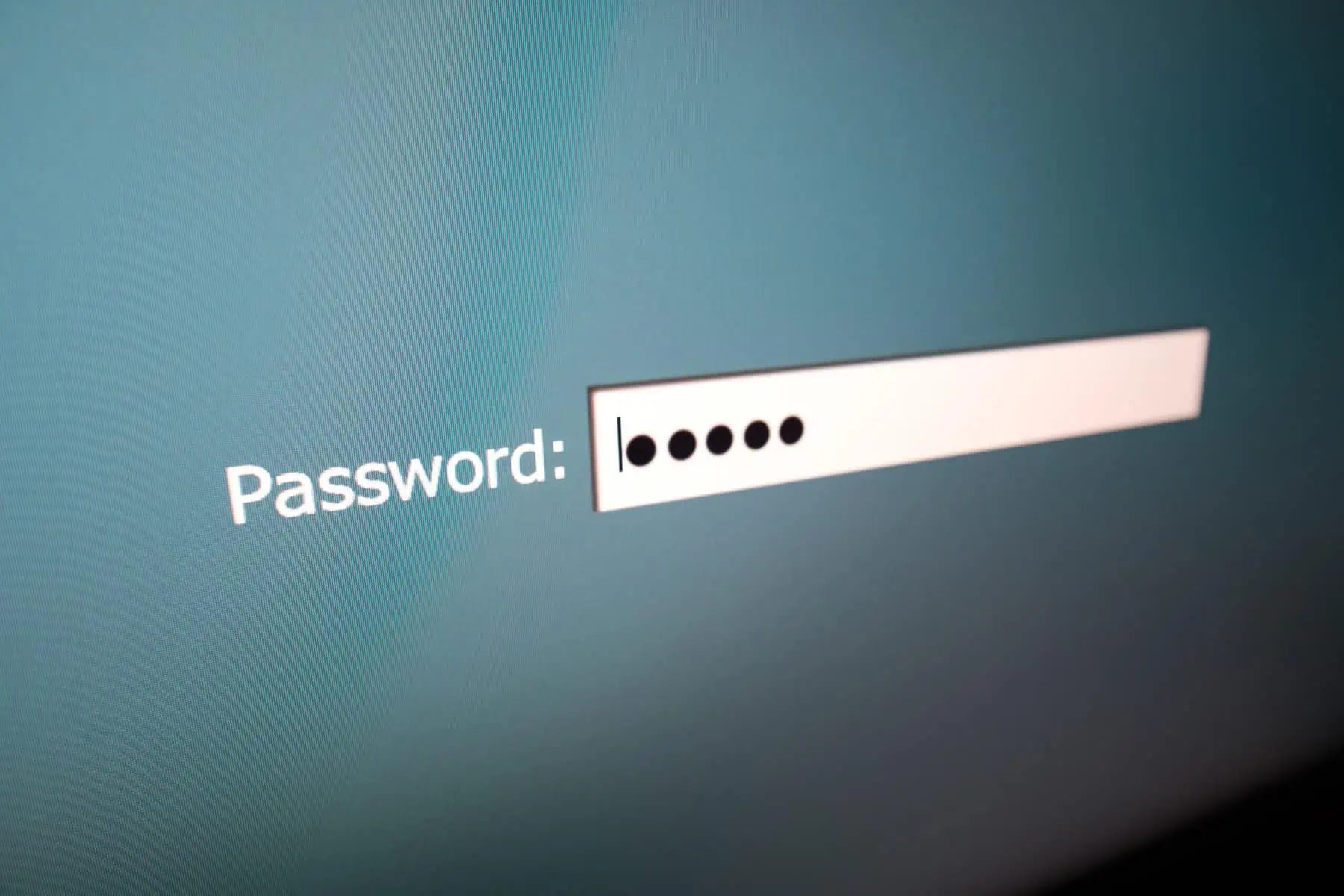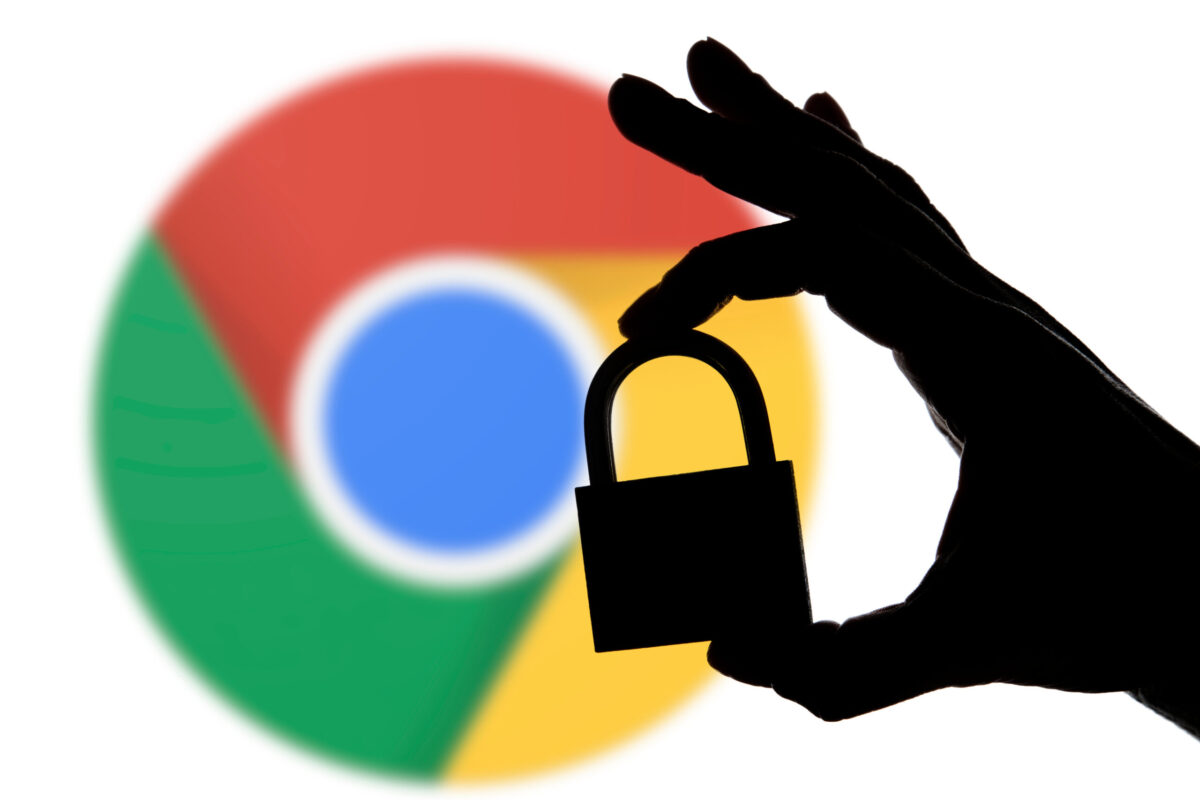Tech
Warning: if you use this in your passwords, you shouldn’t!

Emojis transcend cultural and linguistic barriers. They have become part of the Internet lexicon and everyday communication and are so ingrained in our language that people have started using them in passwords. But is it a good idea to use emojis in your passwords? The truth is that you can but you shouldn’t.
Warning: if you use this in your passwords, you shouldn’t!
May be blocked
Have you ever tried to use an emoji in a password? If you’ve tried, you know that some platforms allow emojis and others don’t. This is not a big problem in itself. However, even if you manage to create an account somewhere using an emoji-based password, you may not be able to log in again, especially if your password rules change. It’s not unlikely that you’ll run into compatibility issues or that the website you’re trying to use can’t handle emoji passwords correctly.

Predictability
When it comes to passwords, people tend to use common phrases and easy-to-guess combinations of numbers. In fact, according to NordPass research, the most common password in the world is “123456”, while phrases like “admin” and “password” are in the top ten. If people started using emojis in their passwords, it’s safe to assume they would use the most popular emojis, making their passwords easy to crack.

Cross-platform issues
Emojis are part of the Unicode standard and are the same across all platforms and operating systems. However, you’ve probably noticed that they look different depending on your operating system. And because their appearance varies, you may have difficulty using the correct password. If you enter the wrong password too many times, you will have to verify your account again or, even worse, you could be locked out.

Inconvenience
In addition to the potential security issues, there is also the inconvenience. If all you use is your smartphone, then maybe using emoji-based passwords isn’t too inconvenient. But have you ever tried to send an emoji to someone on your desktop computer? If you have a Windows computer, for example, you must activate emoji support through ViVeTool. It definitely seems more convenient to just use the letters and numbers on the keyboard.

Exposure to Shoulder Surfing
Your smartphone’s keyboard probably has your most recently used emojis at the top. Having this information readily available exposes you to shoulder surfing. As the term suggests, this is a type of cyber attack in which the criminal spies on the screen of the target’s device to obtain sensitive information. It’s not that using a regular password makes you invulnerable to a shoulder-surfing attack, but it’s definitely easier to remember a combination of emojis than something like “us1nFzP!qR”.
-

 Business5 months ago
Business5 months agoThis big movie with Ana de Armas and Keanu Reeves comes to AMC this weekend
-

 Entertainment5 months ago
Entertainment5 months agoNew trailer for DLC Dragon Ball Z: Kakarot “Goku’s Next Journey”
-

 Tech1 month ago
Tech1 month agothesparkshop.in:product/wireless-earbuds-bluetooth-5-0-8d-stereo-sound-hi-fi
-

 Business5 months ago
Business5 months agoWhat should you know about patio homes for sale in Scottsdale?













